Amazon trash-talks Google and Microsoft, Apple's next move, Tesla's robot underwhelms: Tech news roundup
Plus, Intel wants to stay ahead of activist investors as it struggles against Nvidia
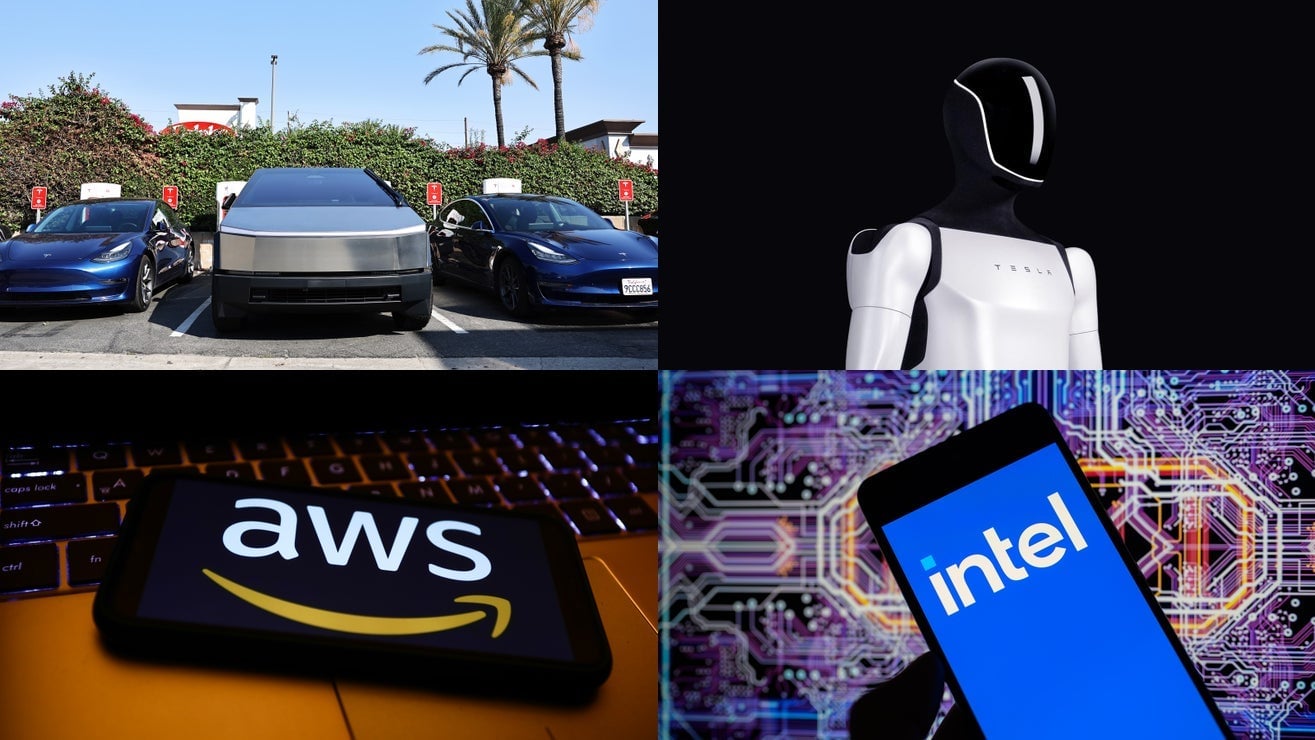
1 / 10
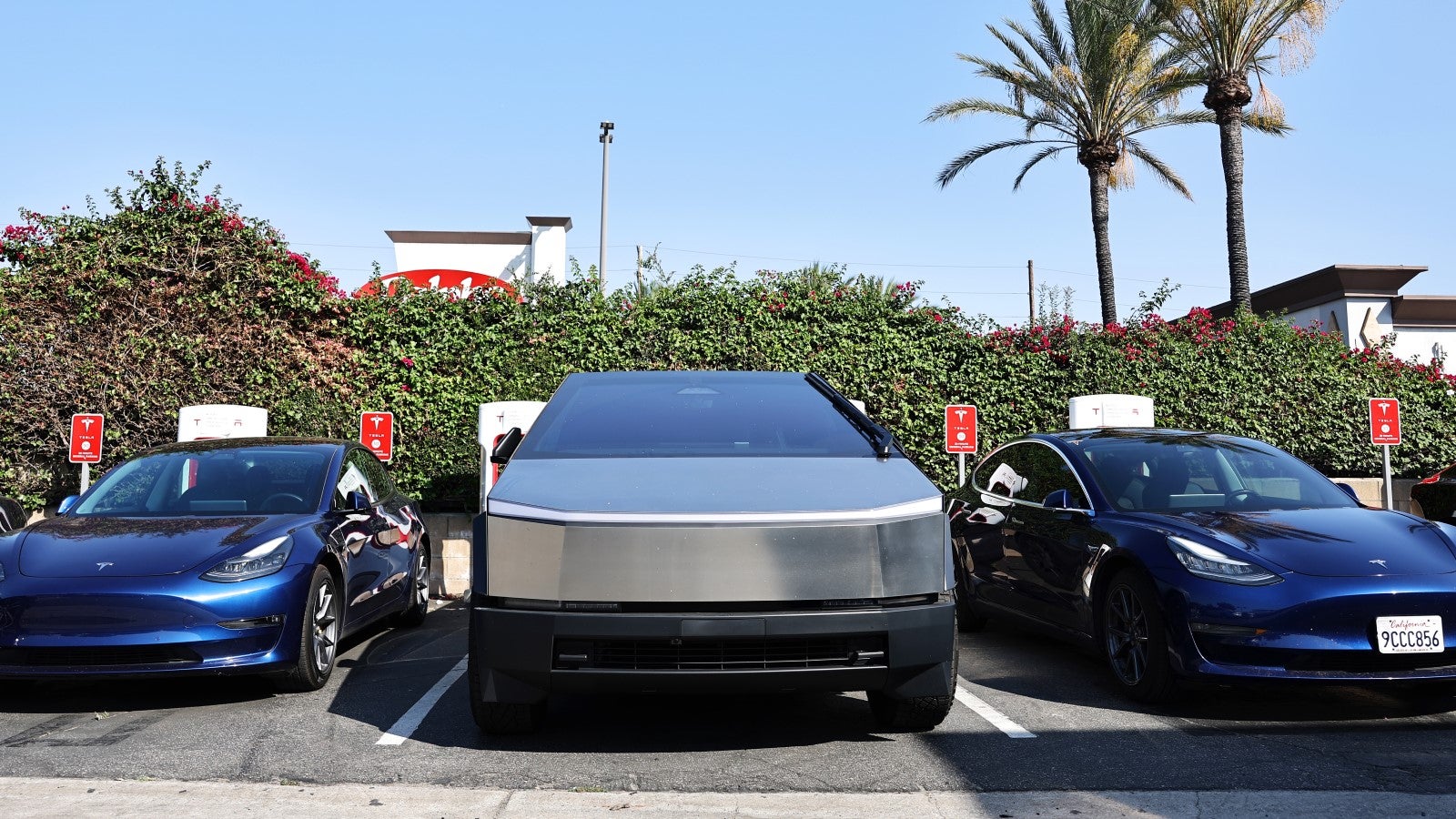
So far this year, the Tesla Cybertruck has been bricked by car washes, gotten stuck on the sandy bank of a lake and been utterly destroyed by a YouTuber’s stress test. However, anyone lumped with the gargantuan electric pickup truck has faced some pretty strict penalties if they try to sell off their Tesla (TSLA) truck, until now.
2 / 10
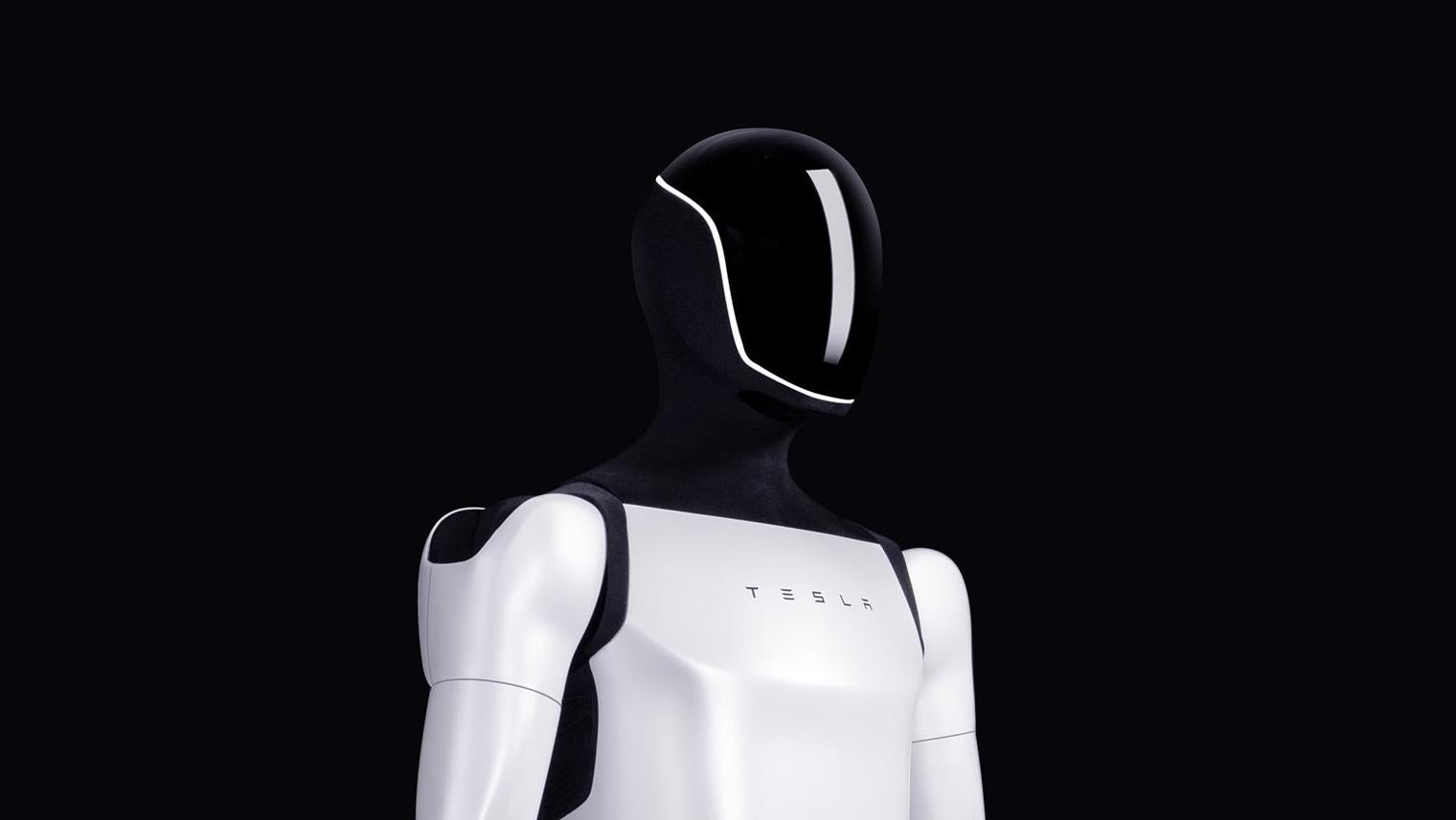
Elon Musk recently decided that Tesla is not a car company. It’s a robotics company, and the cars are simply there to pay the bills until folks start spending literally infinite money on bipedal robots. Essentially, Musk has bet Tesla’s future on this one slow robot — and it seems that robot is having trouble keeping up with the competition.
3 / 10
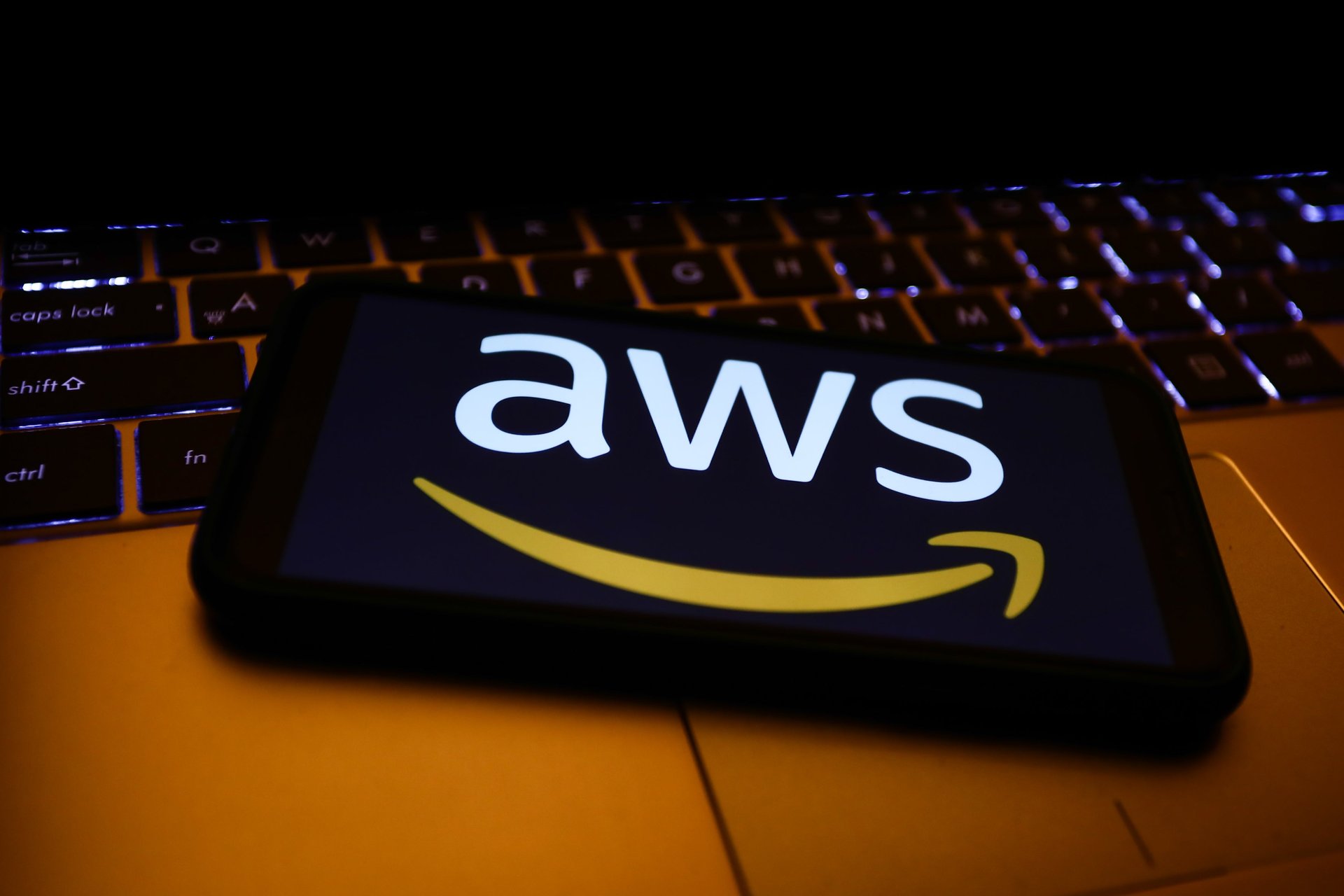
Amazon (AMZN) is teaching its salespeople to trash talk the likes of OpenAI, Microsoft (MSFT), and Google (GOOGL), as it tries to convince customers that it can meet their artificial intelligence needs better than the competition.
4 / 10
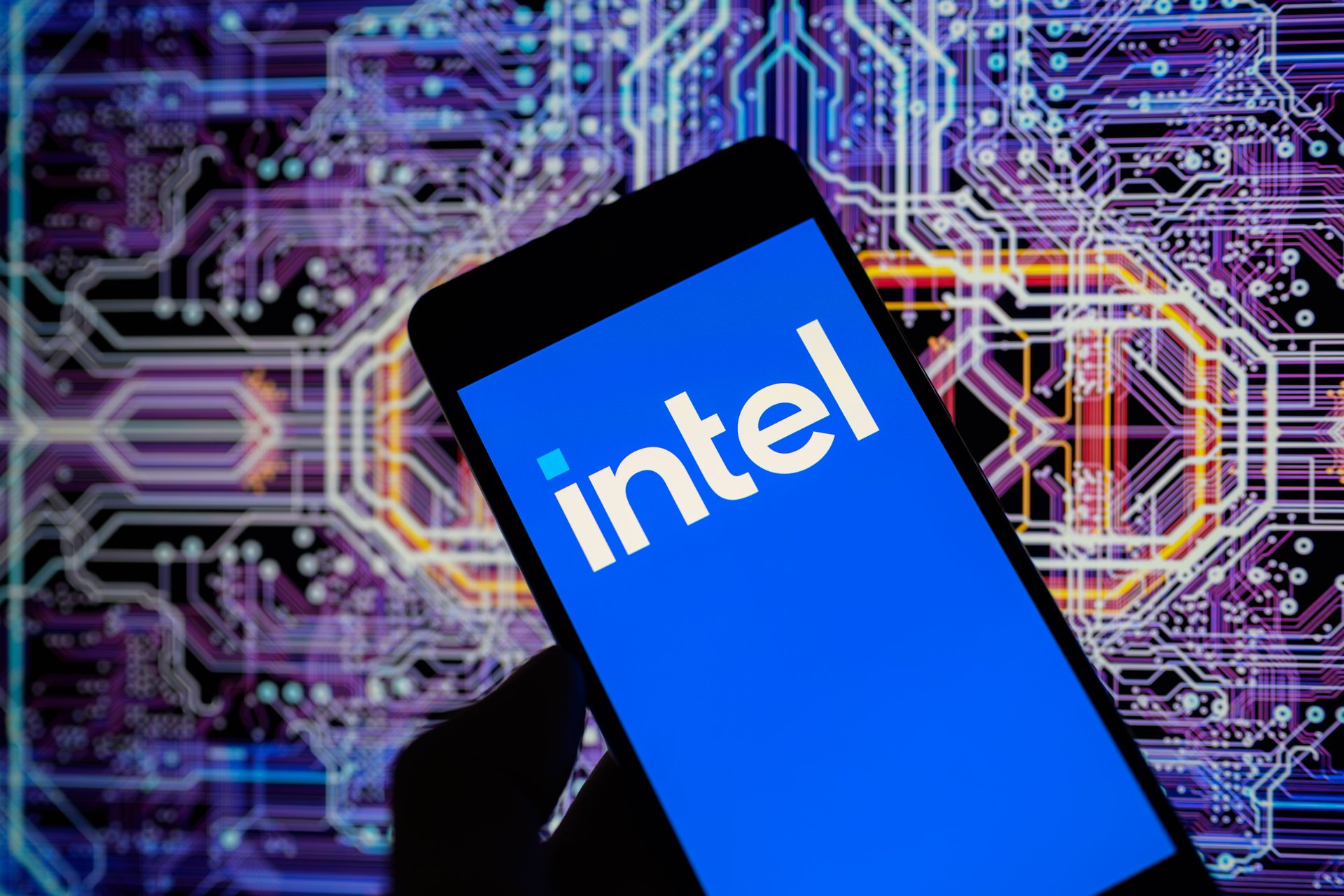
Intel (INTC) is bringing in reinforcements as it lags in the artificial intelligence chipmaking race.
The Santa Clara, California-based semiconductor giant has hired Morgan Stanley and other advisors to help fend off activist investors, CNBC reports, citing unnamed sources familiar with the matter. While no sharks have been circling the company just yet, Intel (INTC) is reportedly trying to get ahead of potential interest.
5 / 10
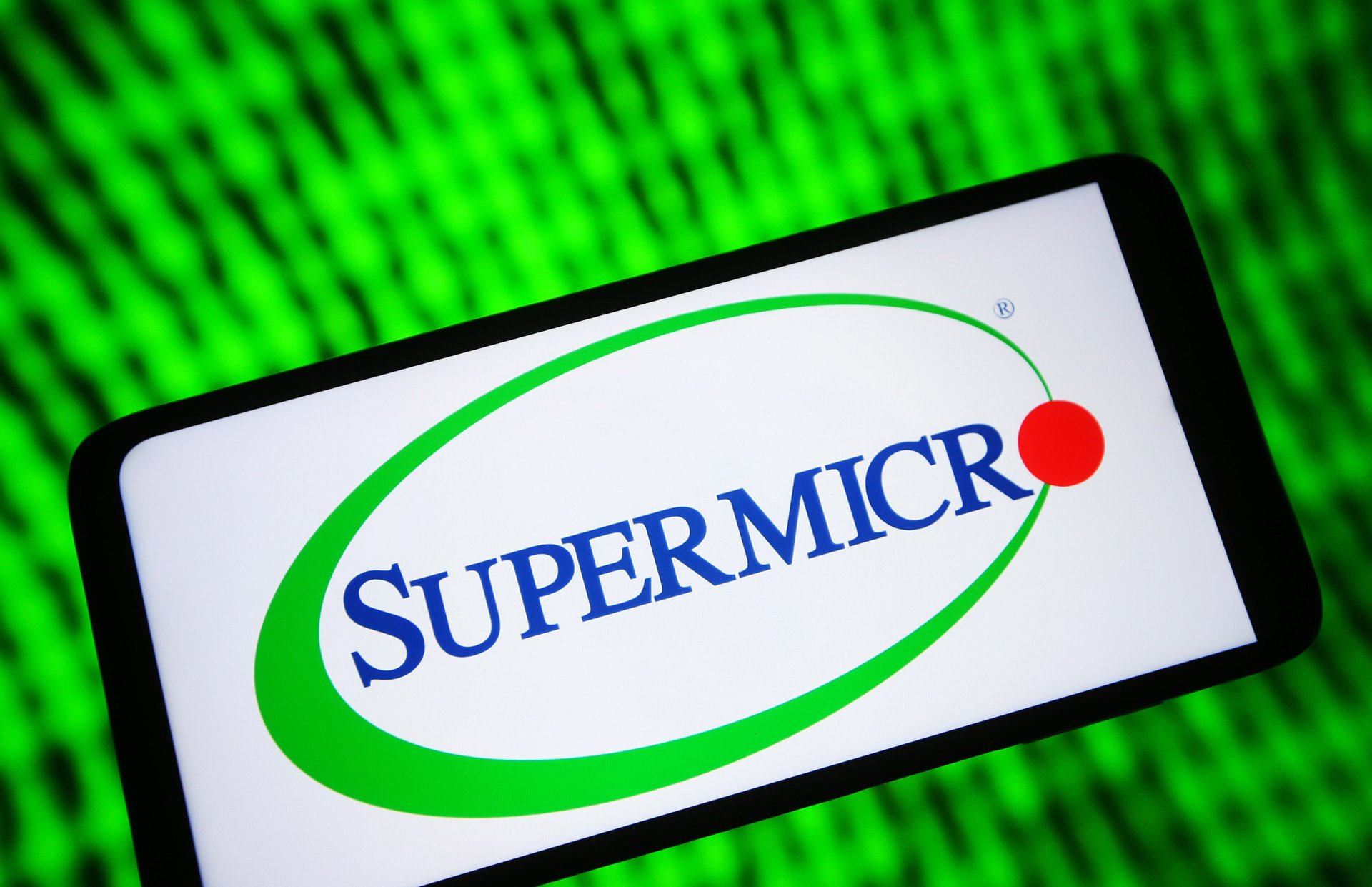
Short-seller Hindenburg Research published a scathing report accusing Super Micro Computer (SMCI) of accounting red flags and questionable business dealings, including potential sanctions evasion from exports to Russian and Chinese firms.
6 / 10
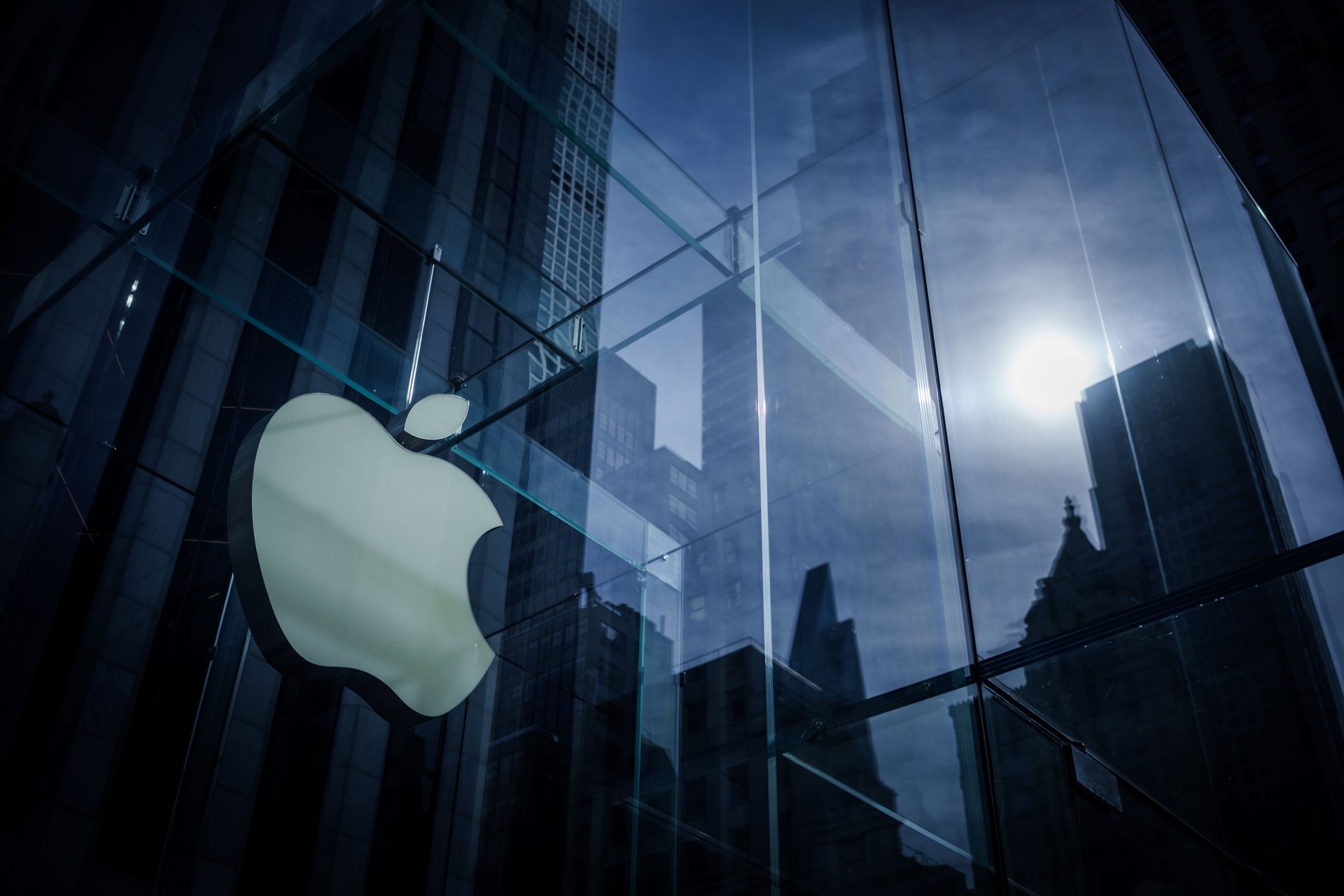
Each year, usually in the second week of September, Apple unveils its forthcoming iPhone model and other updates to its gadgets (or brand new ones) that it will begin rolling out in the fall.
7 / 10
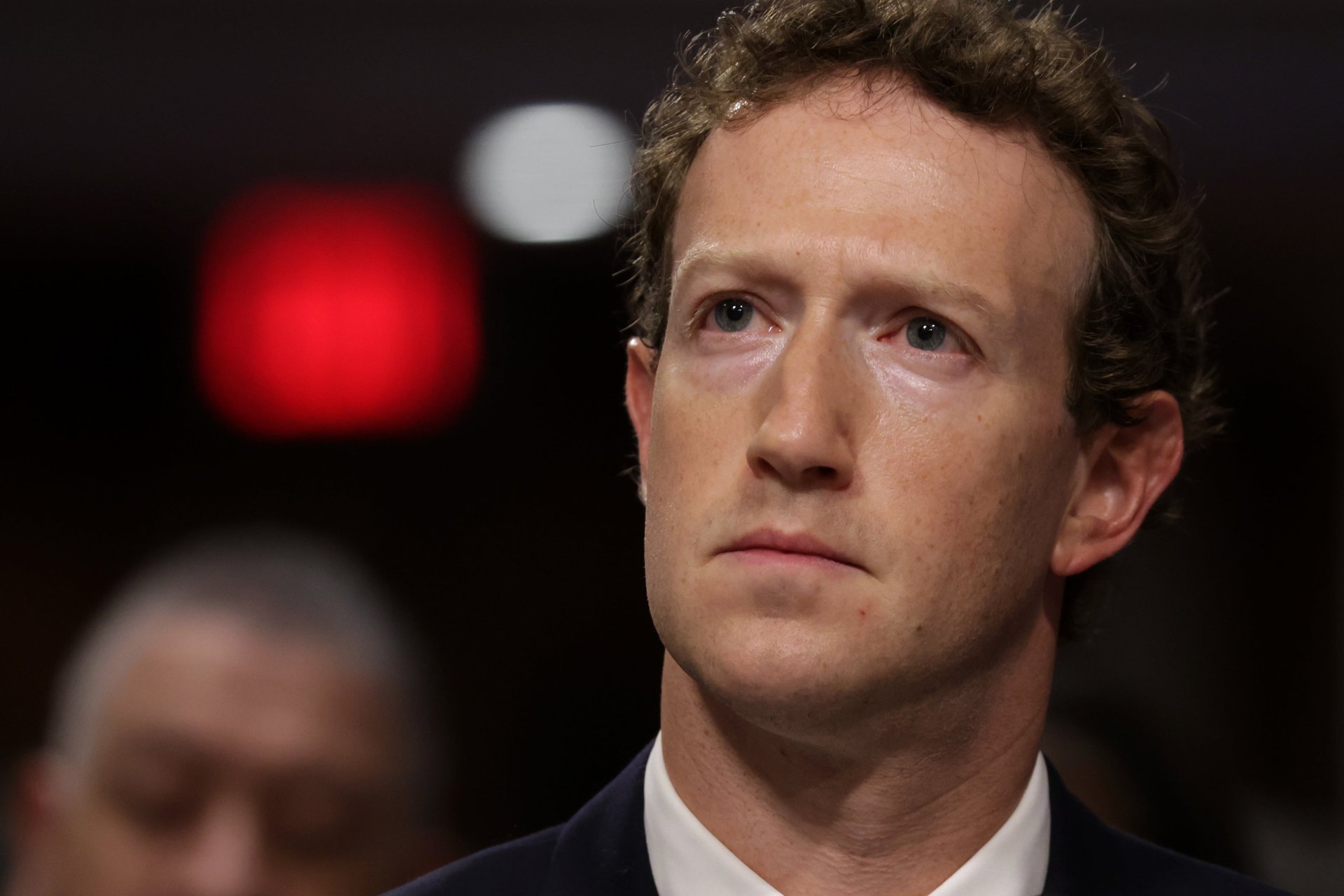
Meta (META) chief Mark Zuckerberg pointed the finger at the federal government for pushing the platform to censor pandemic-related content — and lamented not fighting back harder.
8 / 10
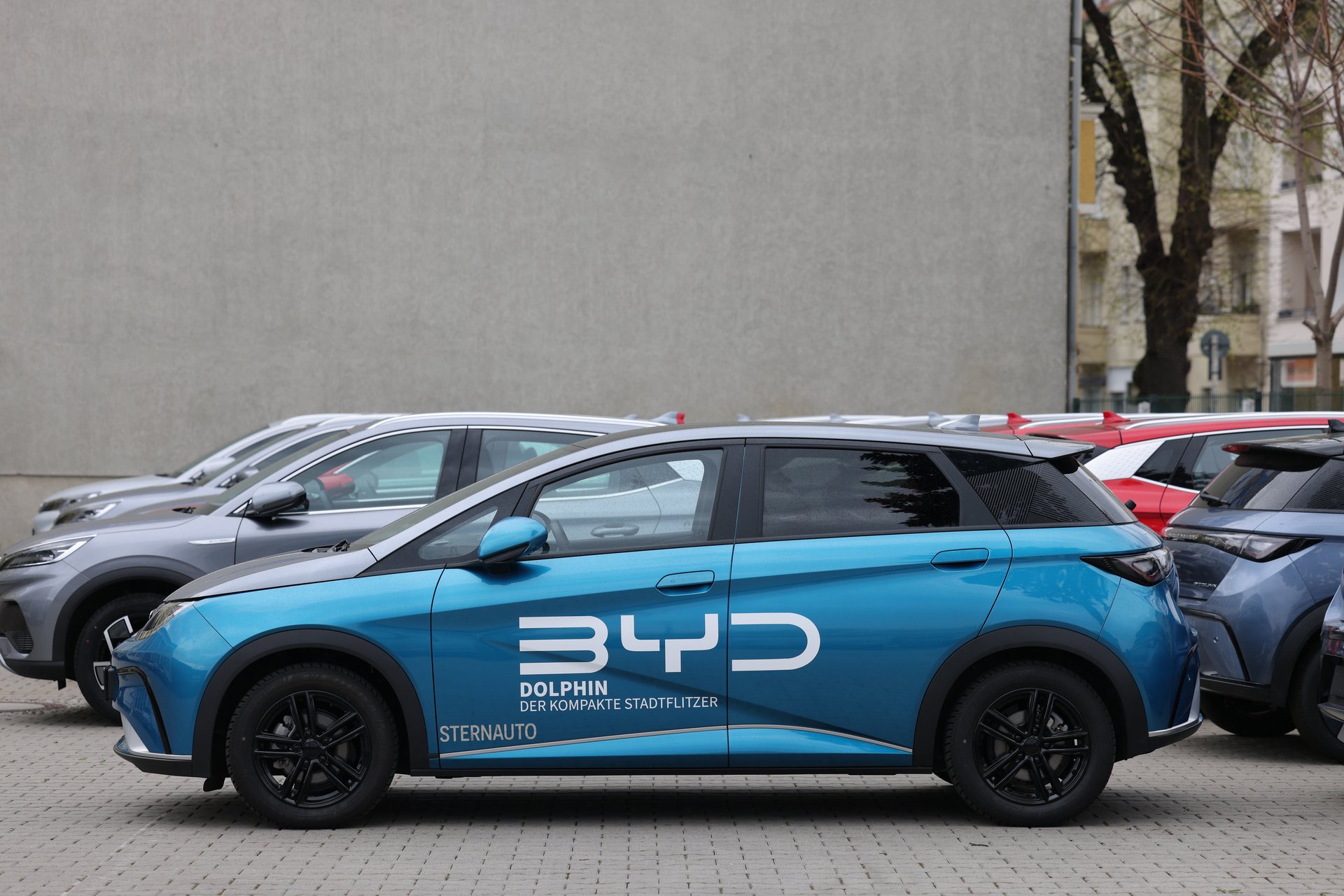
China’s biggest electric vehicle maker reported an almost 33% increase in net profit Wednesday, although its margins lagged behind as competition in the world’s largest auto market remains tough.
9 / 10
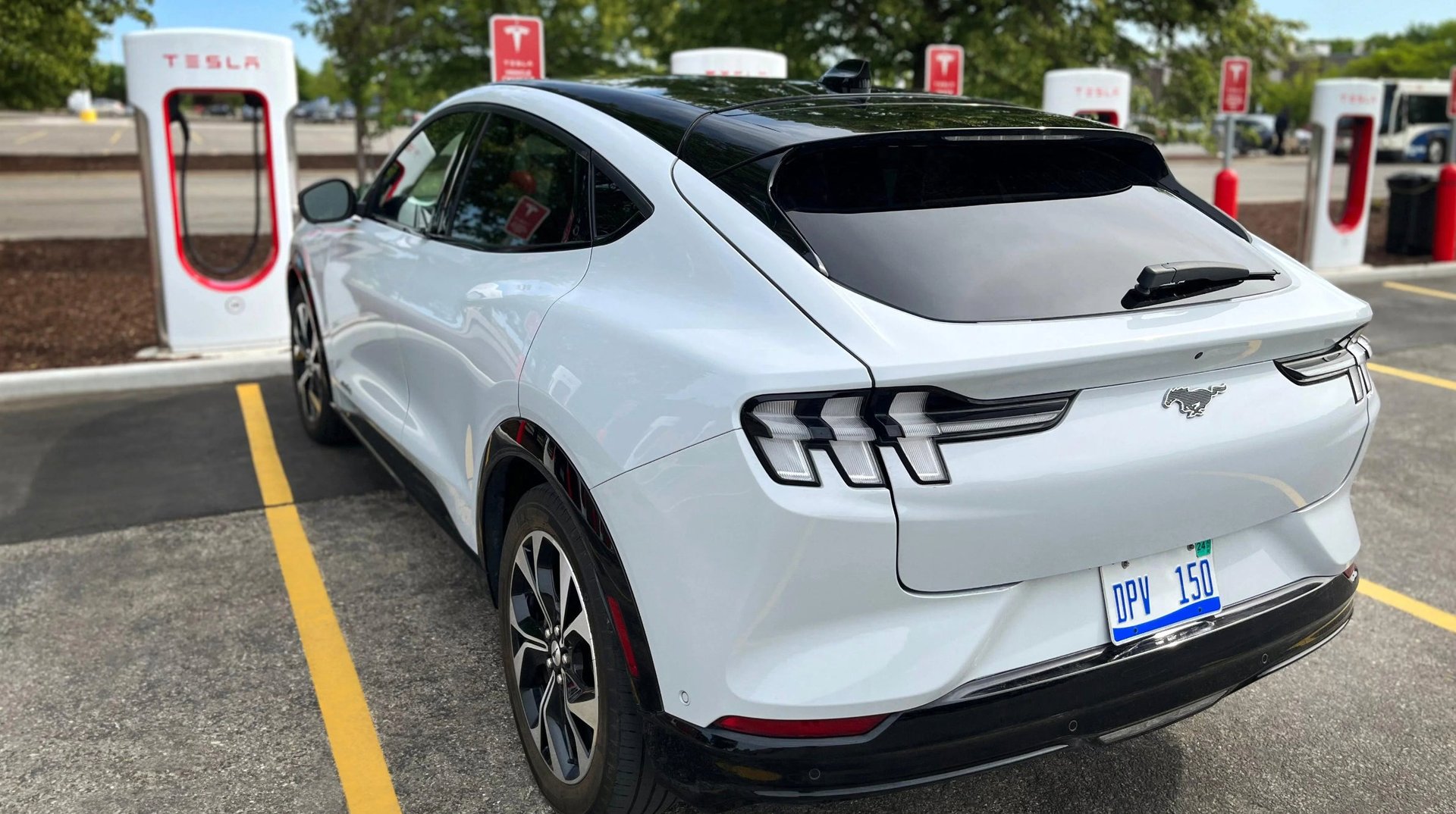
It’s been over a year since Tesla CEO Elon Musk agreed to open up the company’s Supercharger network to vehicles from other automakers. At the time, it was looked at as a great move for the auto industry and, in theory, it still is. However, more than 12 months later, Tesla’s network (with nearly 30,000 fast-charging plugs in the U.S. and Canada) is still pretty much inaccessible to folks who own non-Tesla EVs. Software delays and hardware shortages are apparently to blame.
10 / 10
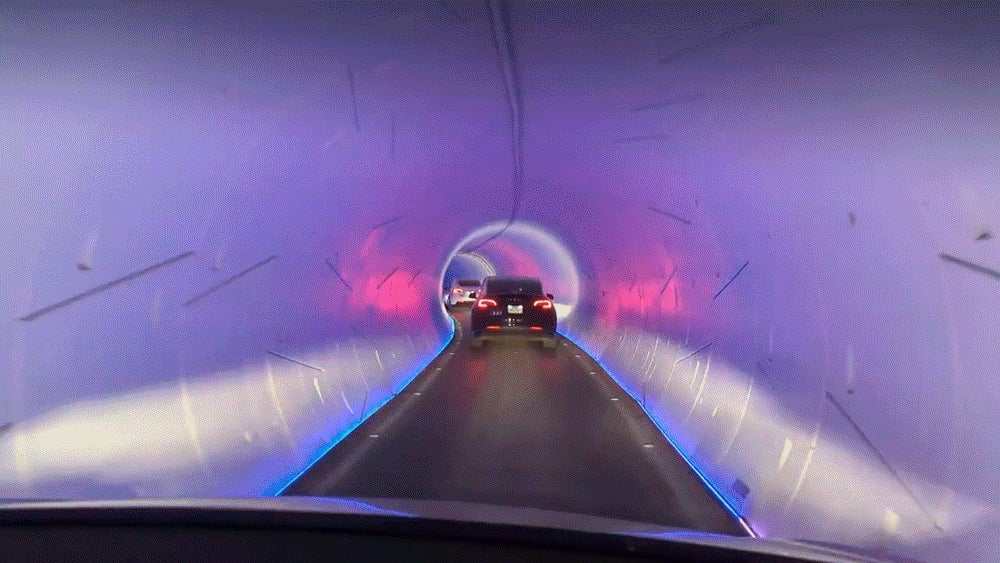
Tesla, the company that CEO Elon Musk claims will “solve autonomy,” has a problem: It turns out autonomy is hard. The company is totally definitely introducing a fully autonomous robotaxi this year, for realsies, yet it can’t even figure out how to make its cars self-drive through the Vegas Loop — a tunnel Musk himself had built.
